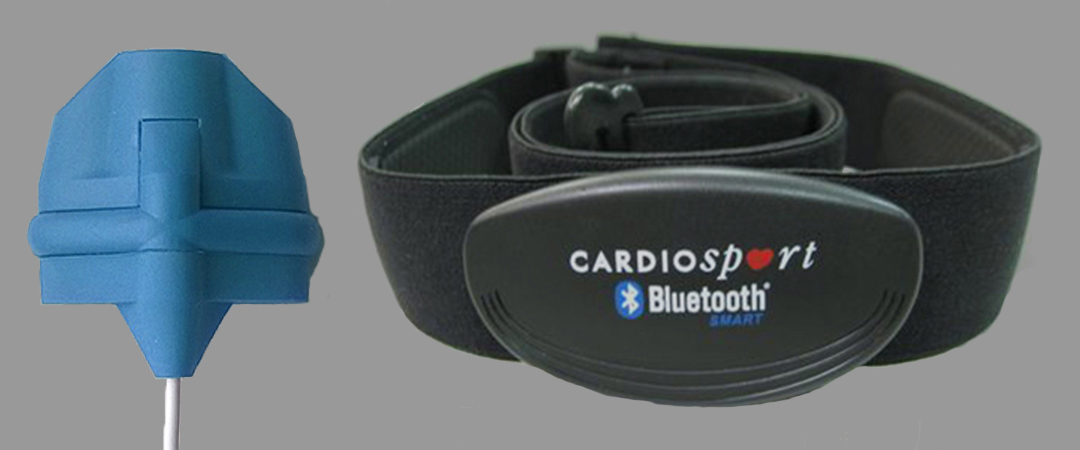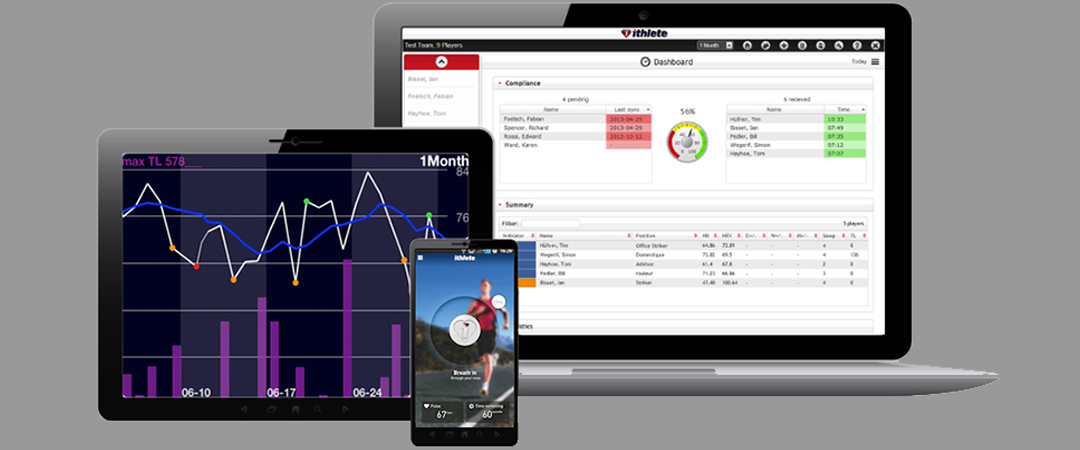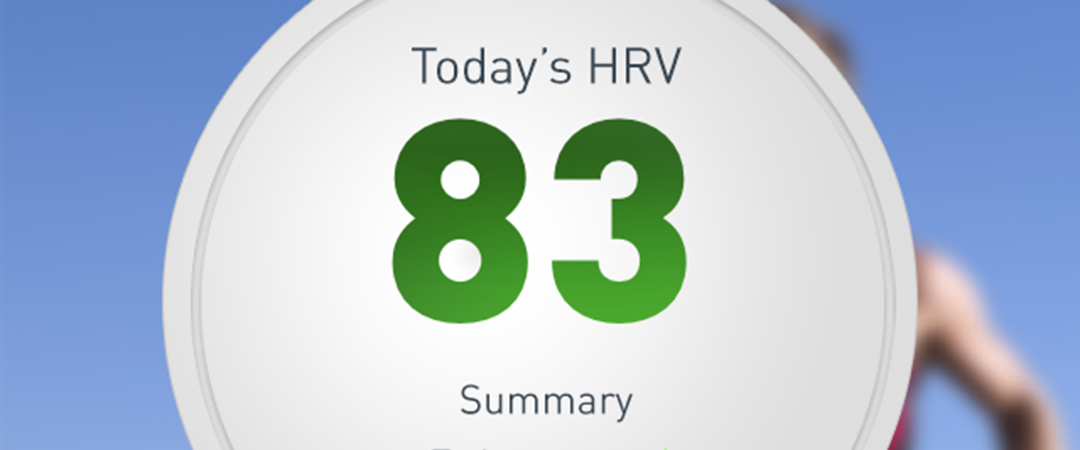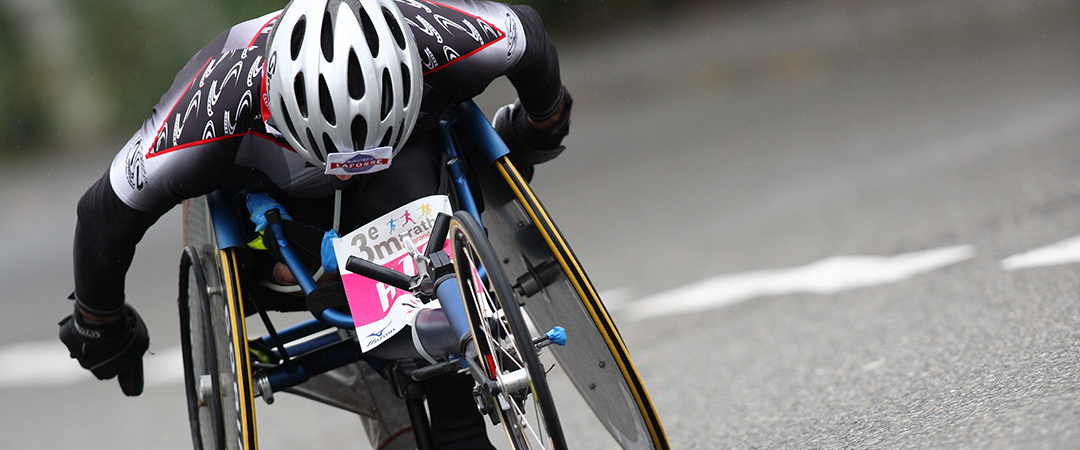The ithlete blog
Welcome to the ithlete blog, the central place to get the latest company news, read real user stories, get our take on heart rate variability news and research, get top tips on using ithlete and share your thoughts.
If you are looking for something in particular you can use the category sections, popular tags or the site search bar to jump right to what you need.
Featured post
No Results Found
The page you requested could not be found. Try refining your search, or use the navigation above to locate the post.
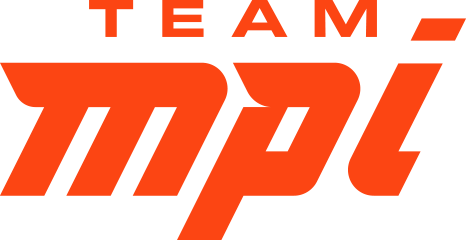
Why Team MPI track Heart Rate Variability
by Mark Sortino, Team MPI For this article, I’d thought I would write directly to both athletes and coaches on the value of using ithlete Pro and ithlete Coach App. The Challenges of Remote Monitoring At Team MPI, we work for our athletes and provide unlimited...
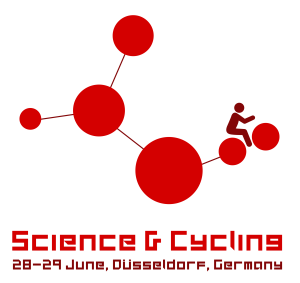
Science and Cycling 2017 Dusseldorf – Our Highlights
Science and Cycling is an annual event, held near to the start of the Tour de France. The event enables sports science researchers and top-level practitioners to mix informally, and to listen and participate in a formal program of high quality peer reviewed...
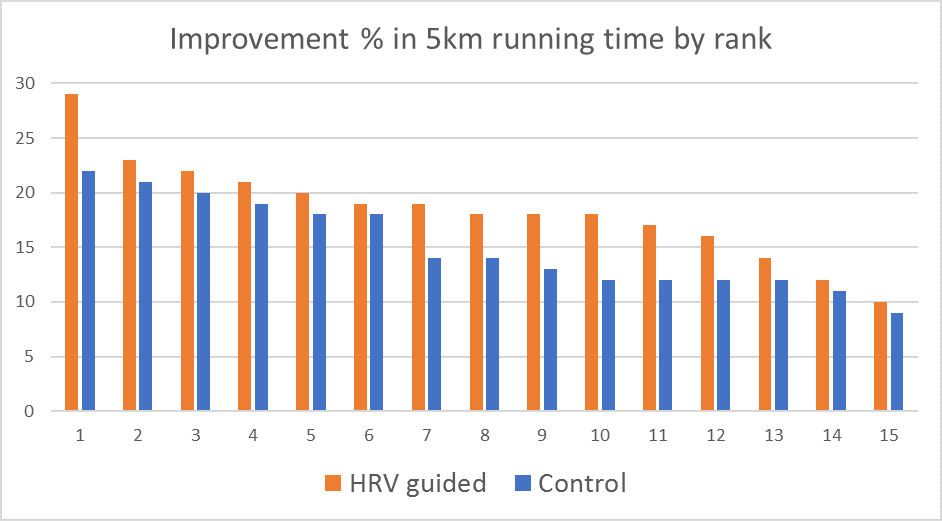
HRV guides recreational runners to faster 5k
What is really remarkable about this study is that those following HRV guided training time showed greater 5k performance improvement over their control group counterparts every time!

Mallorca 312 cyclosportive race report
Once again this was one of my main target events for the year, and the training camp I performed in Tenerife in March was intended to prepare me for over 5000 vertical metres of climbing in the 312 km of the event. This has now become one of the premier long distance...
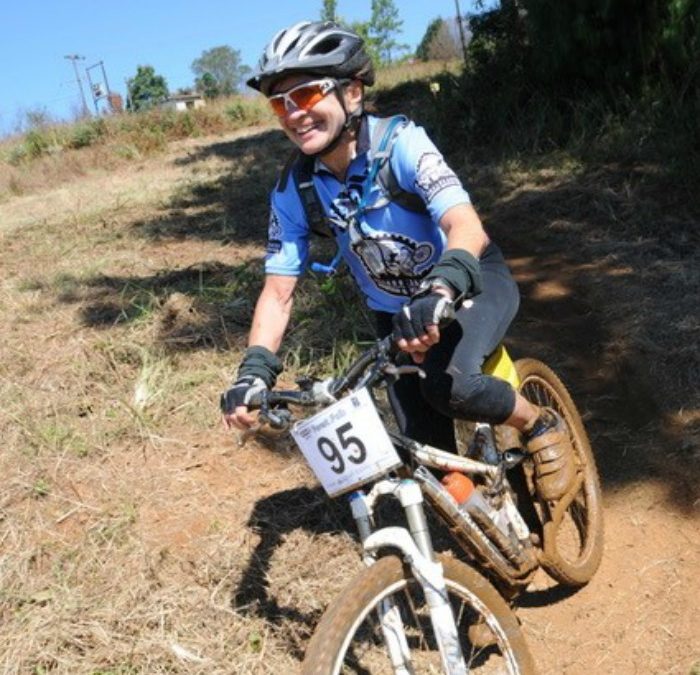
To train or not to train – one ithlete user’s journey through recovery
My biggest mistake: When the neuro surgeon told me my recovery would take two years my first reaction was shock and disbelief. Then I said silently to myself: I’ll show them I’ll do it in less. Recovery Training from illness, injury or surgery, is not just about...
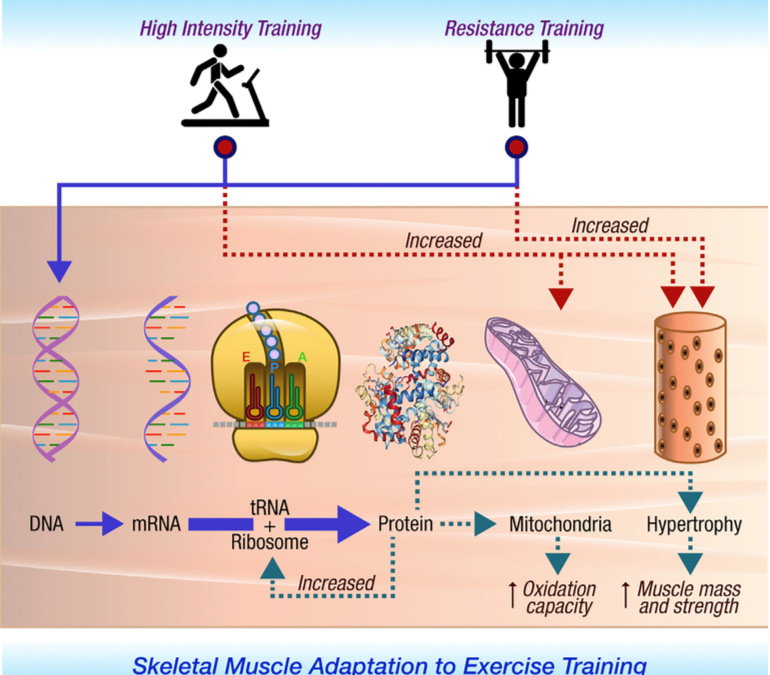
How exactly do different types of exercise make you fitter and stronger?
We know that you can use a number of different modes of exercise to improve strength and fitness. But what mechanisms each works by has not been completely understood and communicated, nor has whether these effects change with age.
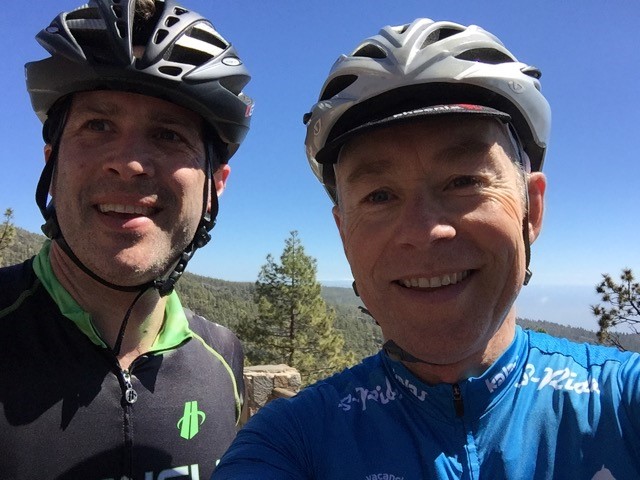
Simon’s Tenerife Training Camp
The plan The main objective of this camp was to get in some good base miles with an emphasis on climbing in preparation for my second year of the Mallorca 312 challenge. Living in the New Forest in southern England, the terrain barely meets the criteria for...
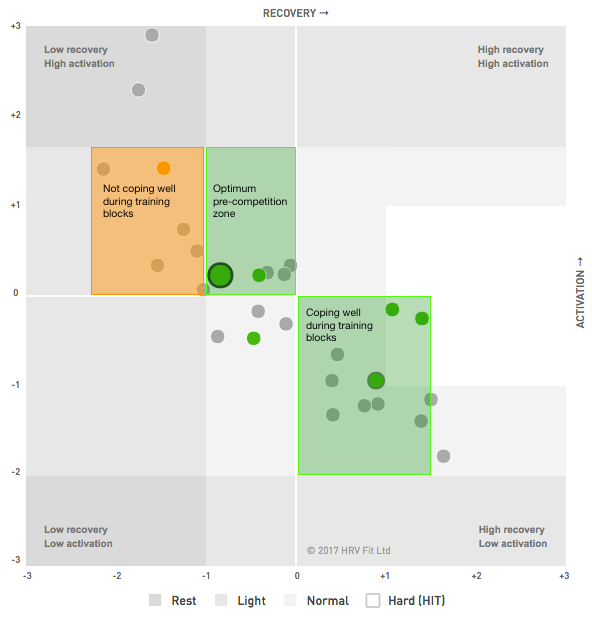
The Science behind the ithlete Pro Training Guide
The ithlete Pro Training Guide brings truly personalised, actionable training guidance on a daily basis. So how does it work? And why?
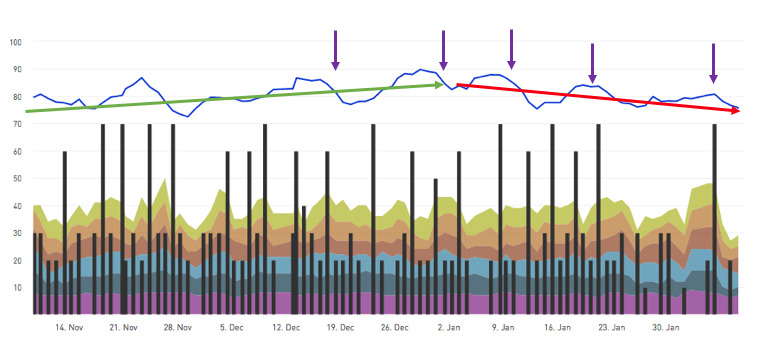
How Team MPI is identifying larger trends with ithlete
by Mark Sortino Although I have been using ithlete with athletes for well over a year, I was excited to introduce it to our entire coaching staff and athletes at Team MPI with a multi-year Partnership between Team MPI and ithlete. This convinced an athlete I had...

How to use HRV in sports training Part 3
Recovery Strategies Sleep. Not only quantity, but quality is important. Human growth hormone which is essential for body repair, is mostly produced during the first four hours of sleep, and these turn out to be the most critical hours for recovery. Alcohol, caffeine,...
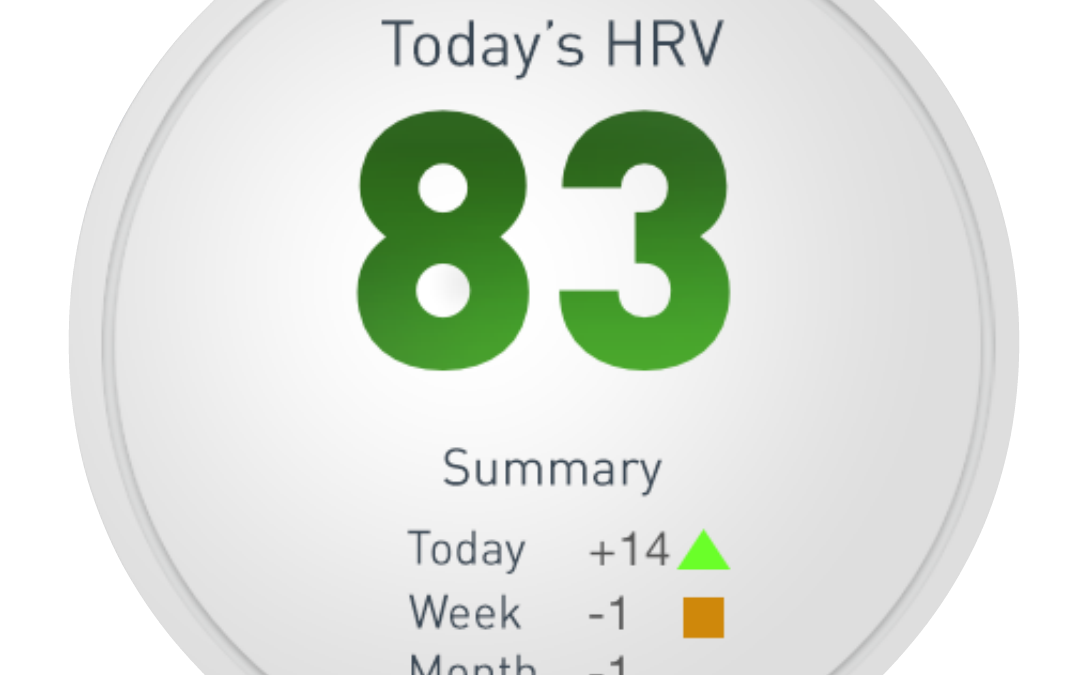
How to use HRV in sports training Part 2
Performing the Daily Measurement with ithlete Here are recommendations for taking your daily heart-rate variability (HRV) measurement: Take the 60-second test in the morning, before breakfast or caffeinated drinks. The exact time is not as important as making sure you...
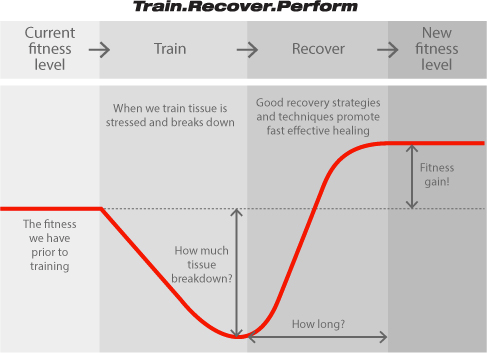
How to use HRV in sports training Part 1
What is HRV? How can you measure it? And what is likely to impact your score?

Why don’t I get the same number when I repeat my HRV measurements?
Some biological measures, such as height and weight can be taken as many times as you like within a short period of time, and you will always get the same number. But many biological measures are not like that…

Upcoming HRV Research: Exploring Yoga’s Impact on the ‘Rest and Digest’ Mode
After many post-yoga musings with fellow yoga enthusiasts I became more and more curious about the subtle effects of this ancient practice on our modern way of life – diet, exercise, coping with the un-ending and ever-expanding list of ‘things to do’. It seems that...
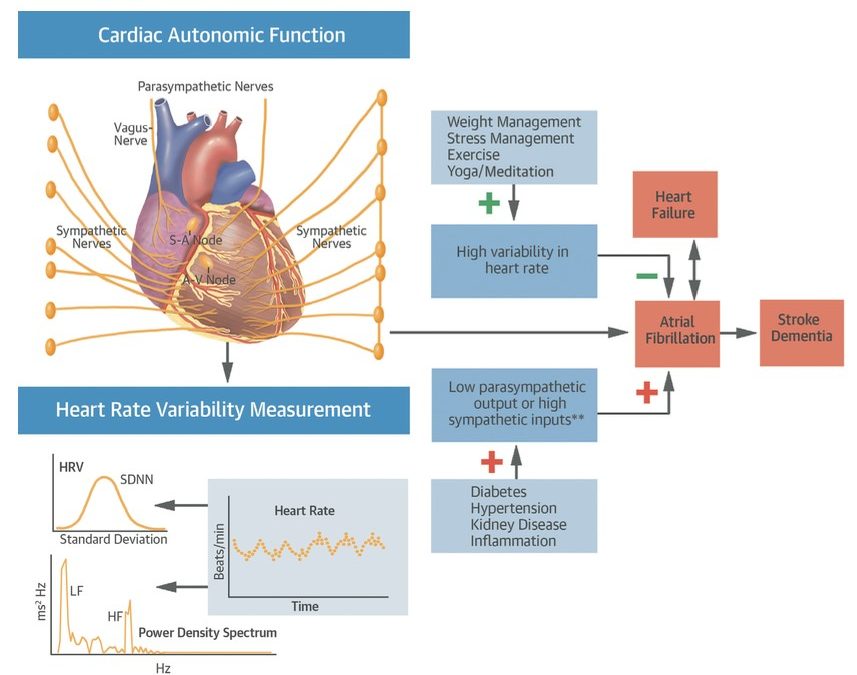
Atrial Fibrillation (AF) and HRV
AF affects the performance of the heart, especially amongst older, less healthy people. But it also affects a significant percentage of Masters athletes. A large study over a 20 year period shows an interesting correlation between Atrial Fibrillation (AF) and HRV. There are optimum values of HRV and resting heart rate, above and below which the chances of developing AF increase significantly.
Want to know more about ithlete?
Follow these four easy steps to get started with ithlete today!
Choose a heart rate sensor
To measure heart rate variability (HRV) with ithlete you’ll need a heart rate sensor. You have the option to use an ithlete finger sensor or chest strap monitor. If you have a recent iPhone, iPad or Android device you may like to use our Bluetooth Smart chest strap monitor, or alternatively grab a Polar type analogue strap (we also offer one of these) and an ithlete ECG receiver to pick up the signal. Visit the ithlete store to find your preferred sensor.
Download the ithlete app
ithlete is available on both iOS and Android devices and can be downloaded from the App Store or Google Play. If you do want to check your model of smartphone or tablet is compatible check our FAQ page.
One minute daily measurement
After waking each morning relax and sit comfortably, slip on a chest strap or finger sensor and follow the on screen instructions to get an accurate reading of your heart rate variability. Taking the measurement couldn’t be simpler and in 60 seconds you will have a personalised training recommendation for the day.
Reap the benefits of training with ithlete
The idea is quite simple. Training is all about stress and recovery. A hard session, lack of sleep, mental stress etc. will lower your number. If your reading drops significantly, take this as an early warning that you are overloading the system. On the other hand a high score lets you know you should make the most out of the day. Benefits of this include avoiding overtraining, workout optimisation, guilt free rest days, improved performance and much more!

